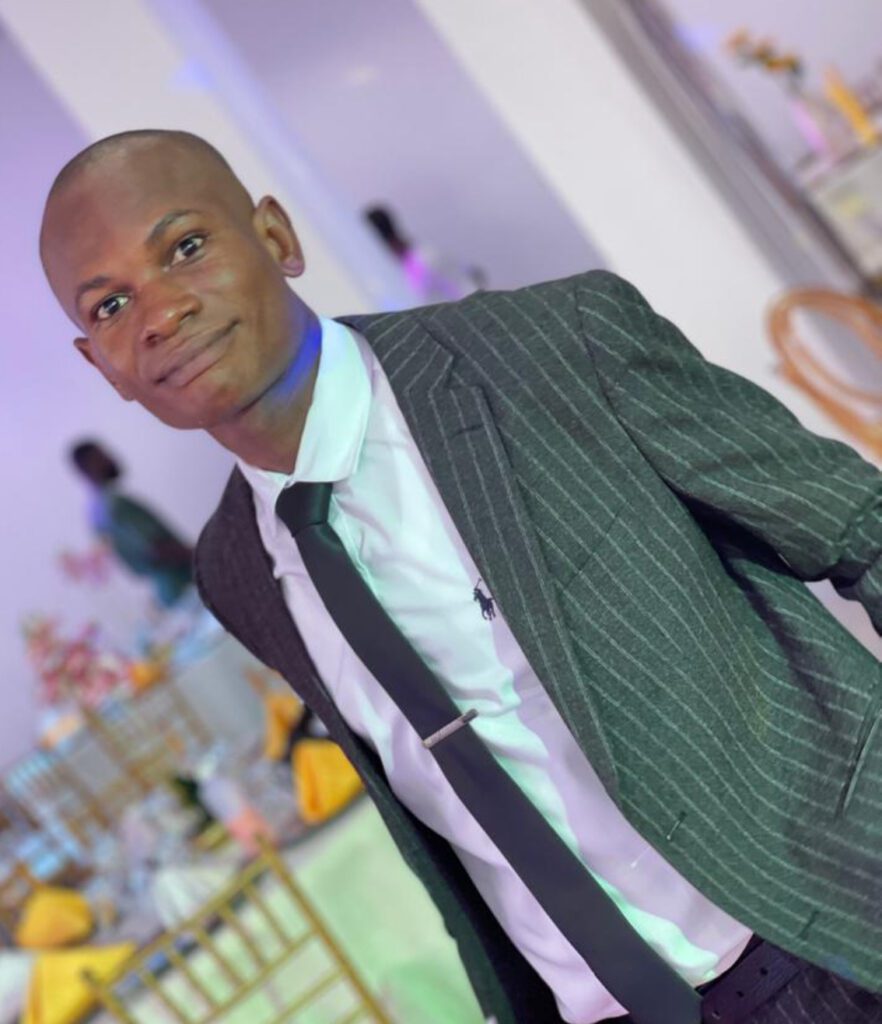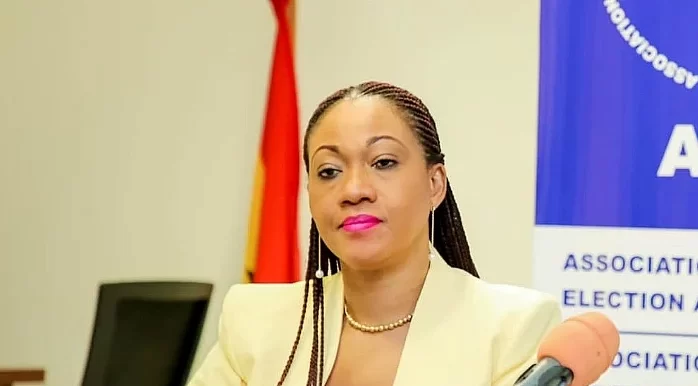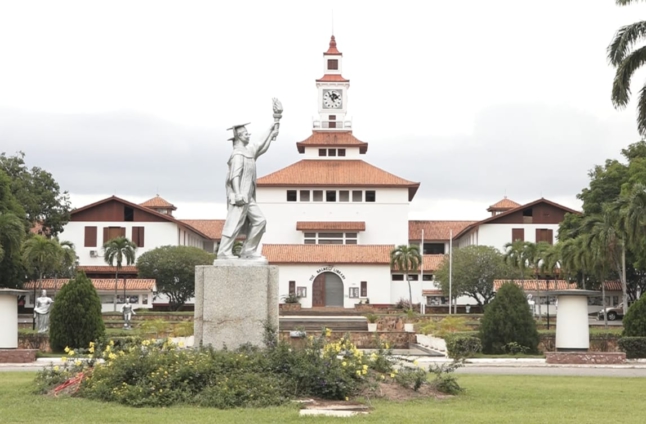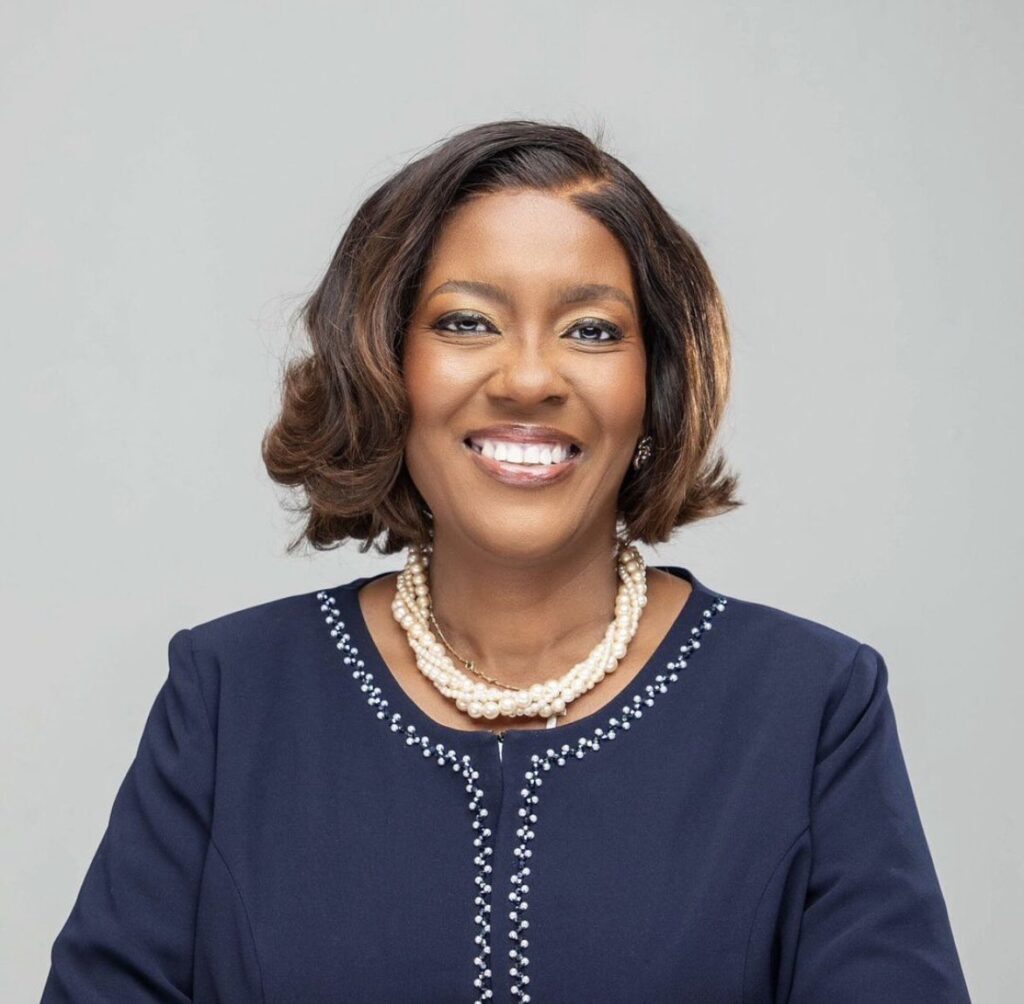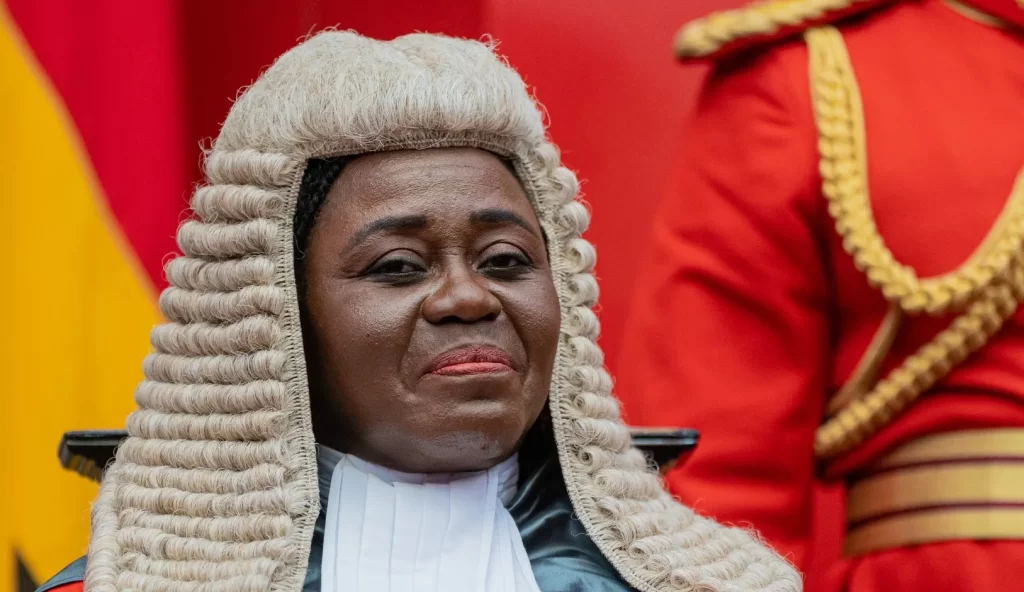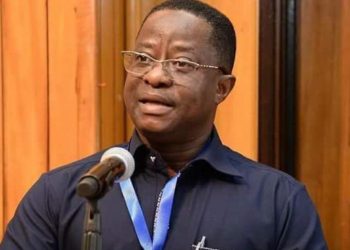PROPHECIES AND OPINION POLLS DURING ELECTIONS: ARE THERE ANY LIMITATIONS?
By: Goodnuff Appiah Larbi (BL candidate and Legal Researcher) Introduction Democracy prevails when all citizens can participate directly in decision making through the power of voting to select the government through free and fair elections or to take a decision in a referendum. In democratic societies such as ours, elections represent a fulcrum of governance, […]
PROPHECIES AND OPINION POLLS DURING ELECTIONS: ARE THERE ANY LIMITATIONS? Read More »

